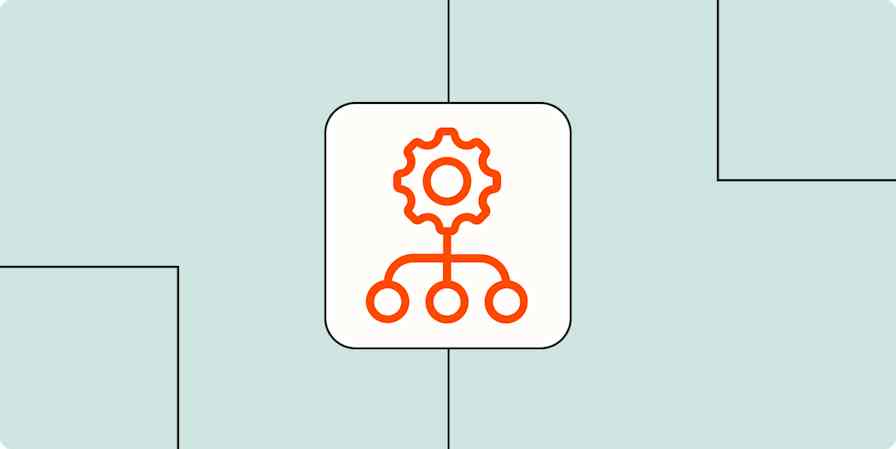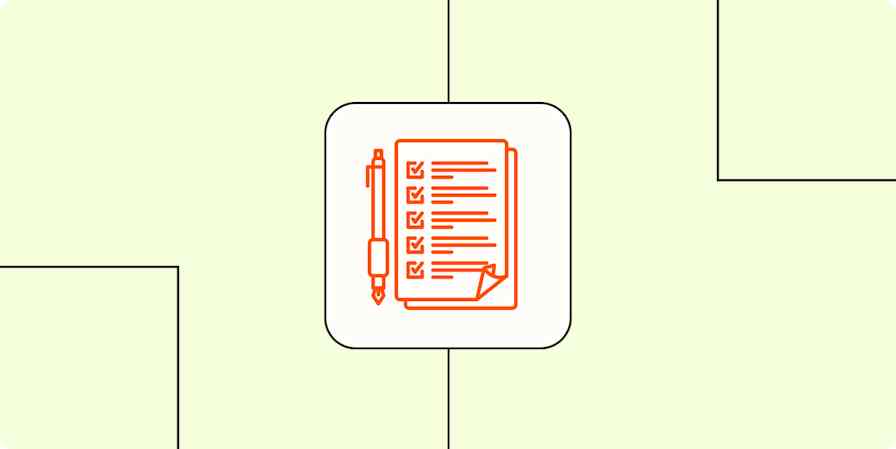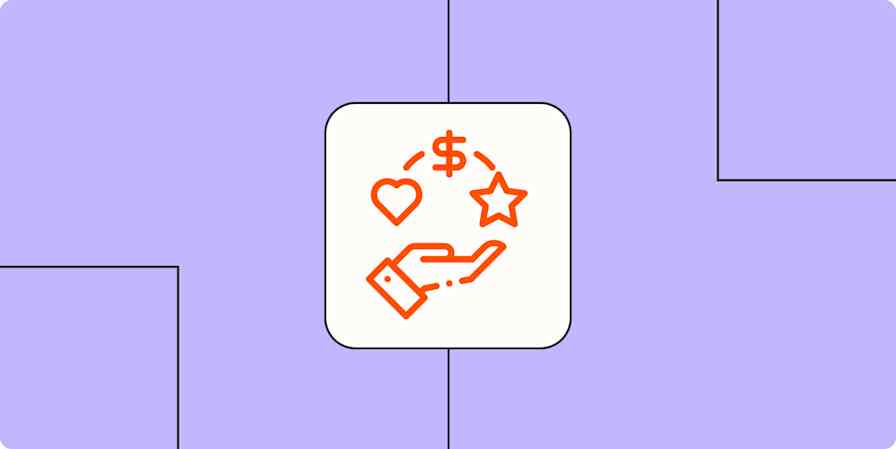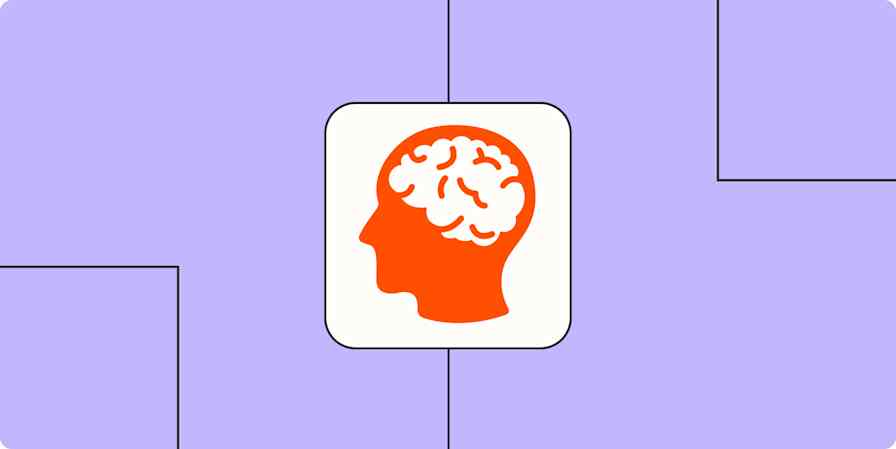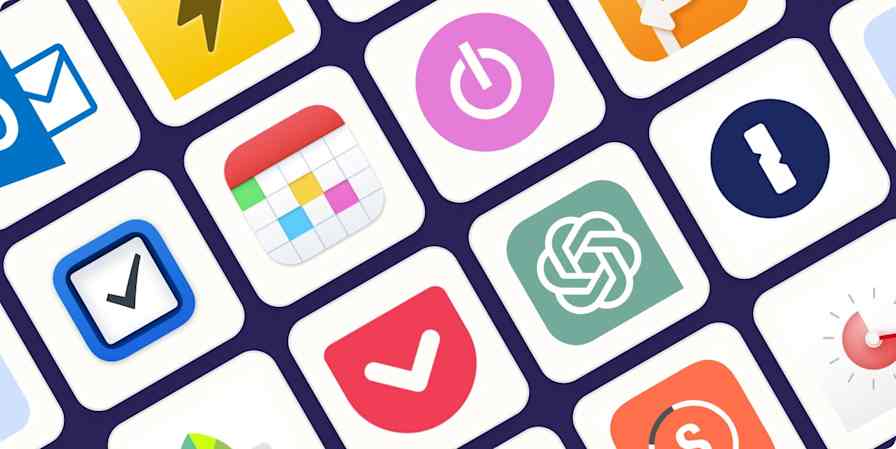Productivity tips
4 min readLearn a New Language Faster with Google Images
By Gabriel Wyner · November 14, 2016

Get productivity tips delivered straight to your inbox
We’ll email you 1-3 times per week—and never share your information.
Related articles
Improve your productivity automatically. Use Zapier to get your apps working together.

